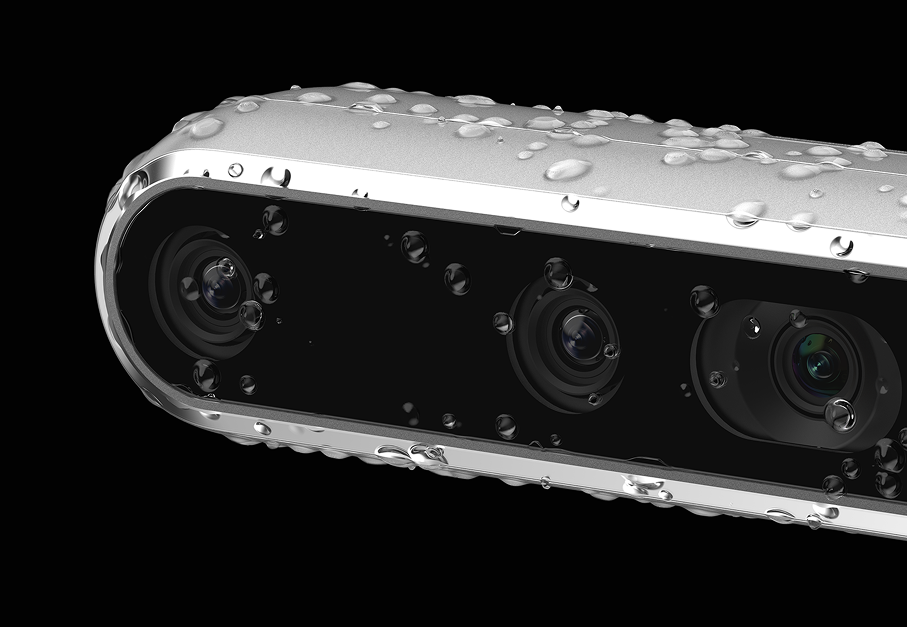Enhancing K-12 Meal Programs with RealSense ID
The challenge
In order to receive federal funding, schools need accurate accounting of the number of meals served and validation that those meals are going to the right students. Traditional payment methods, such as card readers and PIN pads, can significantly slow down the meal checkout process.
The solution
RealSense™ ID Solution F455, embedded in the TabletKiosk TKANNA point-of-sale system, uses an active stereo depth sensor in conjunction with AI algorithms to verify facial biometrics quickly, accurately, and securely to identify students and authorize payments, while maintaining privacy.
The results
Boosting participation in federal nutrition programs improves student performance and boosts government funding for K-12 schools.
Improving School Lunch Programs with Biometric Technology
Nutrition plays a crucial role in student learning and development, yet inefficient checkout lines can lead to long wait times, causing some students to get frustrated and skip meals altogether. On average, students take 6 to 9 seconds to enter their ID numbers, and even longer if they can’t readily locate their cards or remember their PINs. In some cases, checkout personnel must manually search for a student’s information, further holding up lunch lines.
With TKANNA, students simply glance at an embedded RealSense ID camera, and the system matches their facial images to their student ID numbers, then automatically processes the correct payments. Each school can train the TKANNA system using photos from the images stored in the Student Information System database, and even class yearbooks. Digital face prints are converted into nonsensical strings of data, impossible to reverse into a picture, ensuring that facial images can never be copied, misused, or shared.
Accelerating the Transition to Cashless Checkout Solutions
As a leading ODM in the K-12 School Nutrition sector, TabletKiosk has established a strong brand presence. According to Ueunten, Intel’s worldwide reputation as a technology leader adds credibility to TabletKiosk’s marketing efforts. “As we expand our reach to schools throughout the nation, we plan to leverage the Intel brand to promote the innovative nature of our point-of-sale solution. We are also happy to have a U.S.-based partner. The SDKs from the Taiwanese manufacturers left much to be desired. We have received incredible support from RealSense.”
The Impact of Nutrition on Student Performance
Preliminary testing shows a 15-18% increase in meal program participation with TabletKiosk’s mobile point-of-sale solutions, with expectations to boost this further with TKANNA. By enabling faster checkouts, schools can process more meals, improve funding, and potentially reduce operator staffing requirements.
All-in-one package
TabletKiosk chose the full-featured SDK that comes with RealSense ID, enabling the company to easily integrate and provide customized solutions faster. Comprehensive documentation and features ready for immediate use saved significant investments that would have been required to develop such capabilities from scratch.
Choosing RealSense for Superior Performance
Key drivers for the selection of RealSense ID hardware included affordability, speed, and accuracy among the most important factors publicly funded nutrition programs needed. Its privacy-centric design and ease of integration make it an ideal solution for schools. It offers the best price-to-performance ratio, thus enabling schools to create innovative solutions within the budget of schools.
“When we looked at developing something similar from scratch, we realized it would have required millions of dollars of investment and years of development.”
— Martin Smekal,
President, TabletKiosk


